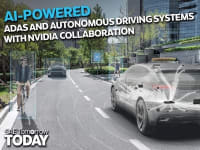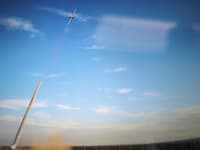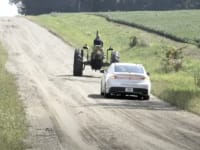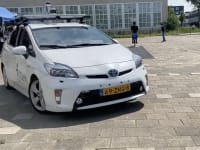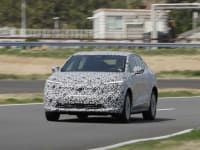Explore the key advances impacting propulsion technologies and applications involved in aircraft propulsion, turbo-electric distributed propulsion, and hybrid electric aircraft propulsion systems.
A Stretchable OLED that Can Maintain Most of Its Luminescence
Advancing All-Solid-State Batteries
My Opinion: We Need More Power Soon — Is Nuclear the Answer?
Microscopic Swimming Machines that Can Sense, Respond to Surroundings






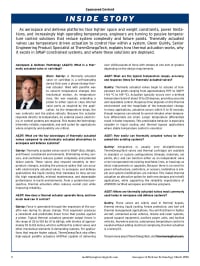

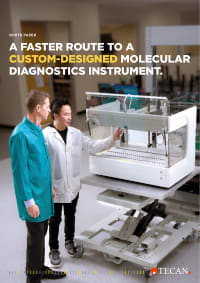
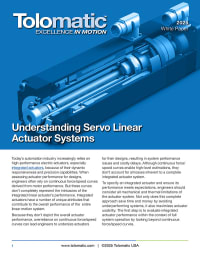
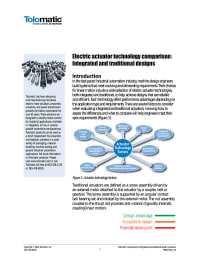

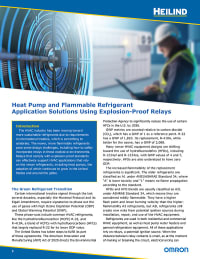
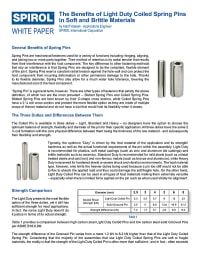

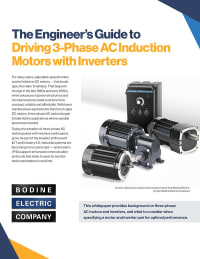


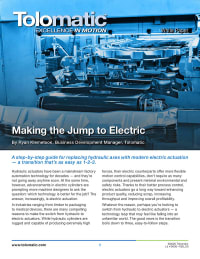

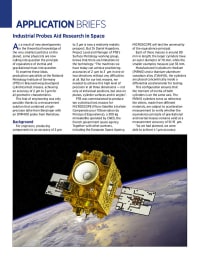




Advantages of Smart Power Distribution Unit Design for Automotive &...
Quiet, Please: NVH Improvement Opportunities in the Early Design...
From Spreadsheets to Insights: Fast Data Analysis Without Complex...
Cooling a New Generation of Aerospace and Defense Embedded...
Beyond AI-Copy-Paste Engineering: Advanced AI-Integration Success...
